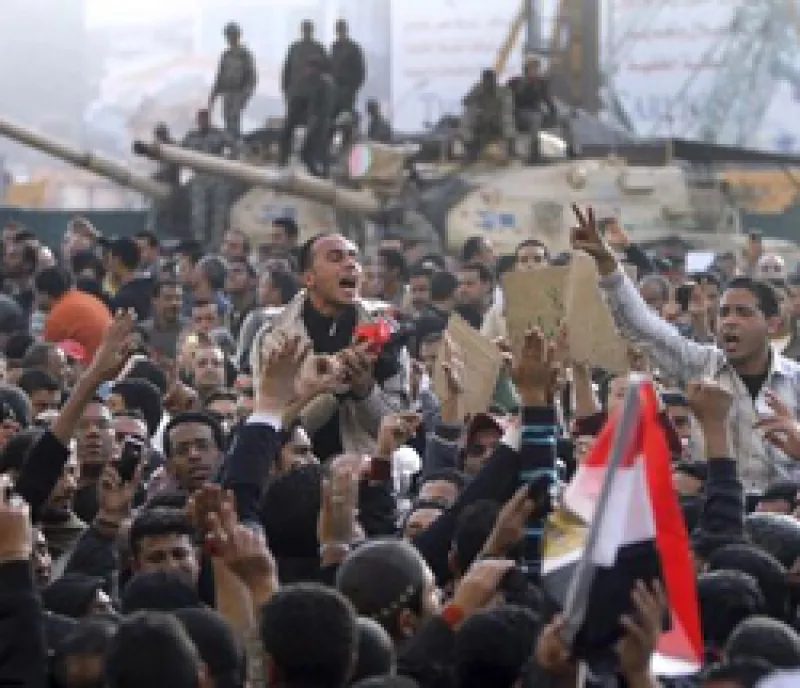
Investors View Uprising In Egypt With Caution
It’s possible that if events in Mideast worsen, the fallout for investors will get more serious.
Steve Rosenbush
February 7, 2011


